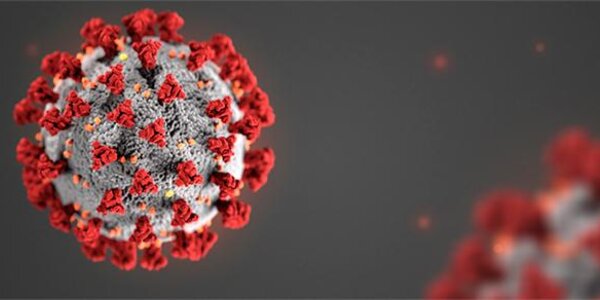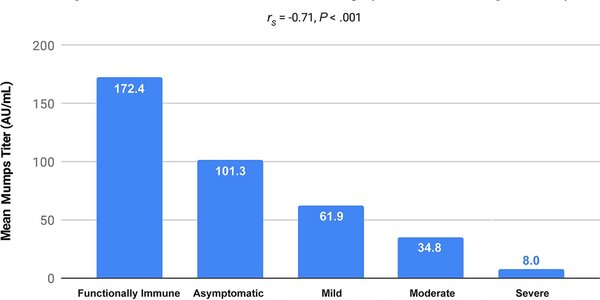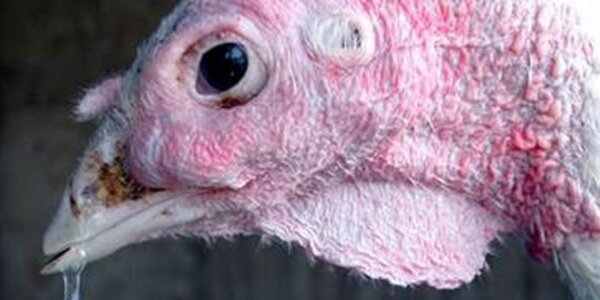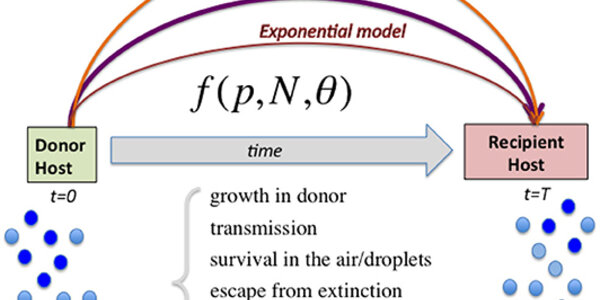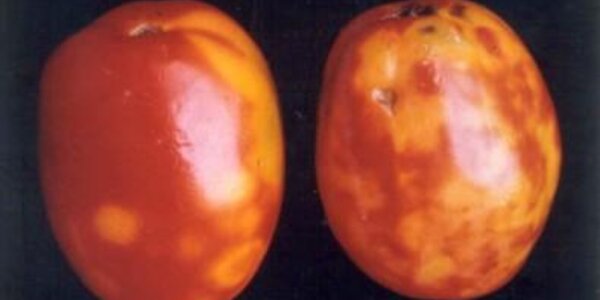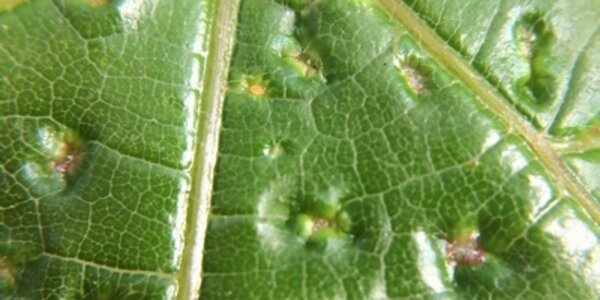COVID-19: What Do Viral Shedding And Reinfection Mean? What's The Difference?
Over recent weeks and months, we’ve heard of several COVID cases in which people have tested positive after previously clearing the virus.
Scientists are hopeful being infected with COVID-19 confers immunity for a length of time. But some of these instances have raised concerns about reinfection. Although rare, it seems to be possible.
The other thing which could be at play in many of these cases is “prolonged viral shedding”.
Both phenomena are probably more common than we realise. But it’s important to understand the differences between the two.
What is viral shedding?
When you’re sick…

